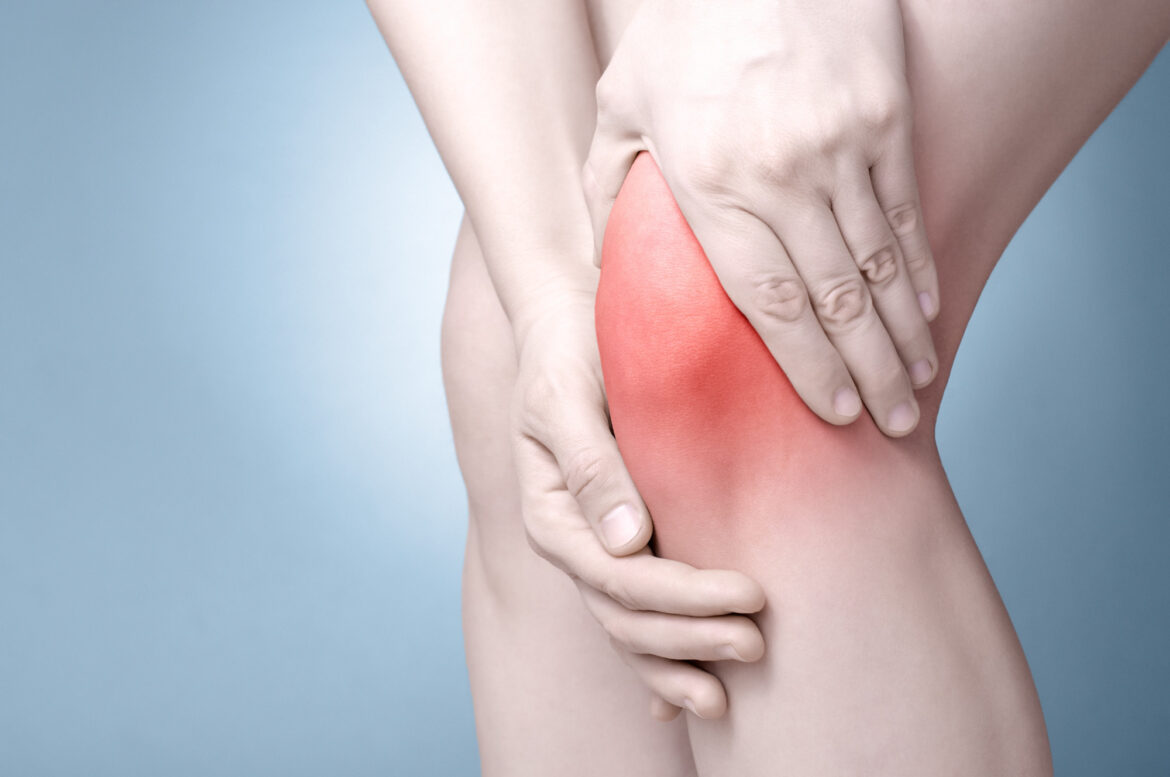Everything You Need to Know About Chronic Joint Pain
Chronic joint pain can be a struggle. And, the number of Americans suffering from joint pain is actually growing higher each year.
So, how do you know what is causing your chronic joint pain? And how do you get relief? Read on for your guide to chronic joint pain.
What Causes Chronic Joint Pain?
There are different reasons you could be struggling with chronic joint pain.
One of the most common causes of chronic joint pain is arthritis, particularly in older people. Rheumatoid arthritis and osteoarthritis can both result in joint pain. This sort of joint pain is most common in your hips, knees, hands, or wrists.
Previous injuries, particularly previously recurring injuries, are a major cause of joint and muscle pain. So, it’s important for people with physically demanding jobs or who play sports to monitor their bodies carefully, to prevent pain later in their lives.
Joint overuse can cause chronic pain. This can even occur for people who work desk jobs, and spend a lot of time hunched over a keyboard. Make sure you take plenty of breaks, optimize your desk setup to prevent damage, and stretch regularly to prevent long-term chronic pain issues later in your life.
If you already suffer from a chronic condition, your joint pain may be a symptom.
Other chronic joint pain causes include an infection in a joint, fibromyalgia, rickets, sarcoidosis, gout, lupus, bursitis, different types of cancer, Lyme disease, and other problems.
How To Treat Chronic Joint Pain
Depending on the cause of your chronic joint pain, there are many different options when it comes to treatment. To figure out what is causing your joint pain, your doctor may do an x-ray, an ultrasound, or other tests. This will help them confirm the underlying cause of the issue.
In terms of regular chronic joint pain treatment, conservative approaches might include using ice or heating pads on the affected joints. Over the counter pain relievers and anti-inflammatory medications such as ibuprofen can provide short-term relief.
That’s because chronic pain and inflammation can be closely linked, so relieving some of the pressure of inflammation can relieve some of the stress on your joints.
If you think your joint pain may be caused by an infection, make sure that you talk to your doctor about antibiotics or other treatment options before it gets any worse.
For more severe chronic joint pain, you can look into newer and more advanced treatments, such as stem cell therapy. Depending on what is causing your joint pain, your doctor may recommend surgical interventions, such as joint replacement.
Overcome Your Chronic Joint Pain Today
Clearly, there are lots of routes you can pursue when fighting back against chronic joint pain. Talk to your primary healthcare professional to find out what could work for your specific needs.
Do you need more tips and tricks when it comes to your health? Read through some of the other posts on this website for more.




